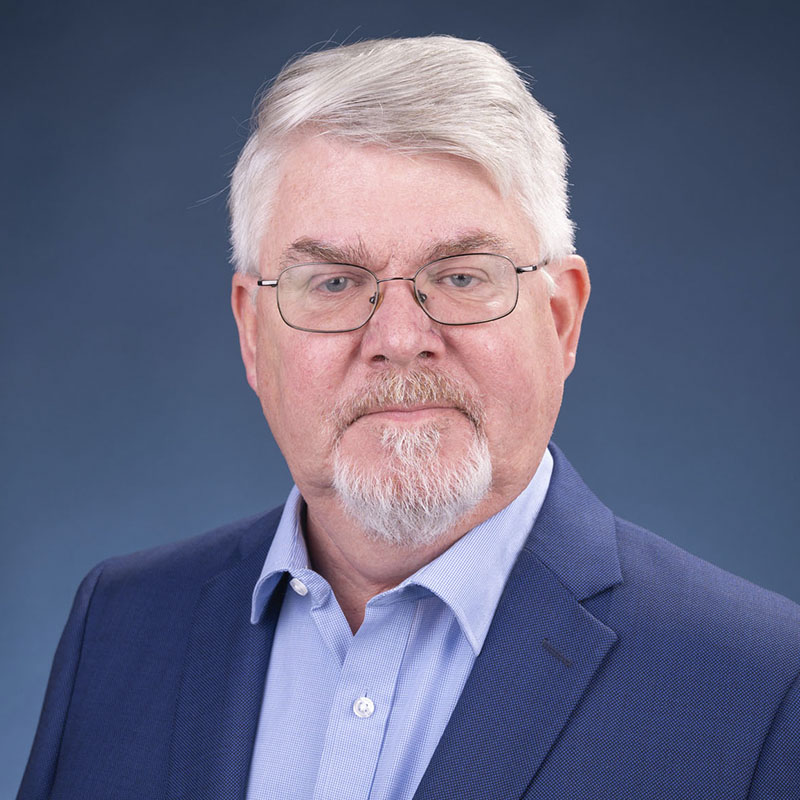The 9/11 terror attacks triggered trends that continue to transform our world 20 years later. What are the prophetic implications?
Many people remember exactly where they were when news reached them of the attacks on the World Trade Center on Sept. 11, 2001. Images of two planes flying into the twin towers in New York City, and the gaping hole left by a third that penetrated the Pentagon, are etched in their memories.
Also ingrained are images of the smoking hole in the Pennsylvania countryside. Passengers of United Airlines Flight 93 had charged the cockpit where hijackers were steering the plane toward Washington D.C. The passengers’ brave acts still evoke memories of pride in their courage and deep sadness for their deaths.
These events changed the world in ways that are still being felt 20 years later. Here are three ways the world has changed since 9/11.
-
Security has become paramount.
In much of the world, security against terrorism has become central to government efforts. In the United States, terror threats led to the creation of the Department of Homeland Security.
The Transportation Security Administration was greatly expanded to verify the identification of passengers before travel and to screen them and their baggage for weapons. Similar security screening is now the norm all over the world.
According to Fred Burton, Stratfor vice president of intelligence: “Commercial air travel is now safer, despite terrorist threats. Spectacular hijackings and bombings of commercial aircraft in the 1970s and 1980s forced the first wave of global counterterrorism cooperation. The 9/11 attacks forced another shift to more holistic security, explosives-screening technology and the international exchange of intelligence about threats and passengers aboard commercial airlines.”
This quest for security has led to ever more intrusive data collection methods, with facial recognition software, surveillance cameras and monitoring of anything that is being transmitted in an electronic format.
Mr. Burton explained how the development of biometric technology was driven by the 2001 attacks: “9/11 caused that paradigm shift to the point where this kind of technology was required . . . When you start looking at this from a pure tactical perspective, proving who you are, proving identity is critical. You’re trying to determine who is that potential suicide bomber or top 10 fugitive or an individual who could be circumventing a border.”
Mr. Burton gave the example of the urgency of implementing this technology in the face of the huge immigration and refugee waves Europe has experienced. He asked, “How do you determine that that person in front of you is not [part of] Ansar al-Sharia or al-Shabab?”
Security concerns have also led to the proliferation of drones, both large and small. Mr. Burton said that the ability to call up drone surveillance, either for a potential target or just for observation to protect individuals in a high-threat environment, is “certainly one of the key developments since 9/11.”
-
An era of a new and continuous kind of war has come.
In response to the 9/11 attacks, the United States and a coalition of allies took on the Taliban in Afghanistan, then invaded Iraq. These interventions were not quick or predictable. The conflicts have dragged on. Other Western nations, such as the United Kingdom and France, are also involved in counterterrorism missions in North Africa, the Middle East and Asia.
Conflicts have become decentralized and disconnected, driven by ideology rather than an organized command structure.
Pulitzer Prize winner Mark Mazzetti writes in his book The Way of the Knife, “Much of the new war would be waged in dark corners of the world, away from declared war zones. It would look nothing like the infantry skirmishes of the nineteenth century, the trench warfare of the First World War, or the tank battles of World War II. The Pentagon needed to start sending soldiers into places where—by law and tradition—only spies had been allowed to go” (p. 20).
Additionally, places that were previously safe no longer seem so with the rise of lone-wolf attacks, often guided by political or religious ideology. These kinds of assaults are nearly impossible to foresee, and so to prevent. There is no end in sight.
-
Social polarization is on the rise.
Reporter Angelo Young explains: “Immediately after Sept. 11, 2001, it seemed that Americans had set aside their differences and lined up behind the flag, galvanized by a common goal . . .
“But that unity was short lived and traditional rivalries, political gridlock, and partisanship re-emerged. Disagreements on issues such as climate change and school vouchers had existed before, of course, and the differences sharpened after 9/11. Social media has certainly had a compounding effect on public debate, but divisive issues around immigration policy, perception of Muslims and Islam, and America’s relationship with the rest of the world seemed to have been influenced by the 2001 attacks.”
Political polarization threatens social cohesion within nations but also their reputations and efficacy abroad. Rachel Myrick in Foreign Affairs notes, “Observing the polarized politics on display in the run-up to the 2020 U.S. presidential election, former Norwegian Prime Minister Gro Harlem Brundtland noted that many European leaders will ‘no longer take for granted that they can trust the U.S., even on basic things.’
“The fears are valid. Although foreign policy has traditionally been insulated from political polarization, that is no longer true. On such issues as multilateralism, climate change, and terrorism, Americans are more divided than ever. The bipartisan foreign policy consensus among both voters and the politicians they elect is eroding. But even worse, polarization has created broader, underappreciated consequences for the United States’ ability to enact foreign policy in the first place by chipping away at a key pillar of its power: its reputation for stability, credibility, and reliability.”
What might these trends portend?
The Sept. 11 attacks did change the world, mostly for the worse. We can be thankful that another, infinitely better change is certain to come.
These three changes reflect prophecies in the Bible for the time just before the return of Christ. Intrusive government surveillance in the name of security may well lead to tighter government control in countries around the world. The specter of a 1984-style “Big Brother” state is less difficult to imagine now than prior to 9/11. Fear can lead even free peoples to accept autocracy in exchange for safety and order, as happened in Italy and Germany in the 1930s.
The book of Revelation foretells the coming of a great politico-military leader called “the beast,” who will dominate much of the world. “And authority was given him over every tribe, tongue, and nation. All who dwell on the earth will worship him, whose names have not been written in the Book of Life of the Lamb slain from the foundation of the world” (Revelation 13:7-8).
The acceptance of increasing government surveillance is likely a step toward that future. See our article “Who Is the Beast?”
People will continue to long for security in an increasingly unsafe world. This is also prophesied: “But concerning the times and the seasons, brethren, you have no need that I should write to you. For you yourselves know perfectly that the day of the Lord so comes as a thief in the night. For when they say, ‘Peace and safety!’ then sudden destruction comes upon them, as labor pains upon a pregnant woman. And they shall not escape” (1 Thessalonians 5:1-3).
The new kind of endless war fits with Jesus’ prophecy that before His return, there will be “wars and rumors of wars” (Matthew 24:6). All the public knows of some ongoing stealth conflicts is through rumor. Many truths remain classified. See our article “Signs of the End Times.”
Polarization will ultimately lead to societal breakdown prior to the beast taking power. Jesus said, “If a house is divided against itself, that house cannot stand” (Mark 3:25).
The United States and other Western nations are increasingly divided against themselves over a host of issues. As nations turn away from God and trust their own will, civil conflict will lead to weakness and destruction (see our booklet The United States, Britain and the Commonwealth in Prophecy).
Another change to come
The Sept. 11 attacks did change the world, mostly for the worse. We can be thankful that another, infinitely better change is certain to come. Humanity will reach the point where, without divine intervention, no people would survive (Matthew 24:22). But God will step in and end violence and bloodshed. People will no longer be motivated by fear, but will live in confidence and peace.
“They shall not hurt nor destroy in all My holy mountain, for the earth shall be full of the knowledge of the LORD as the waters cover the sea” (Isaiah 11:9).






